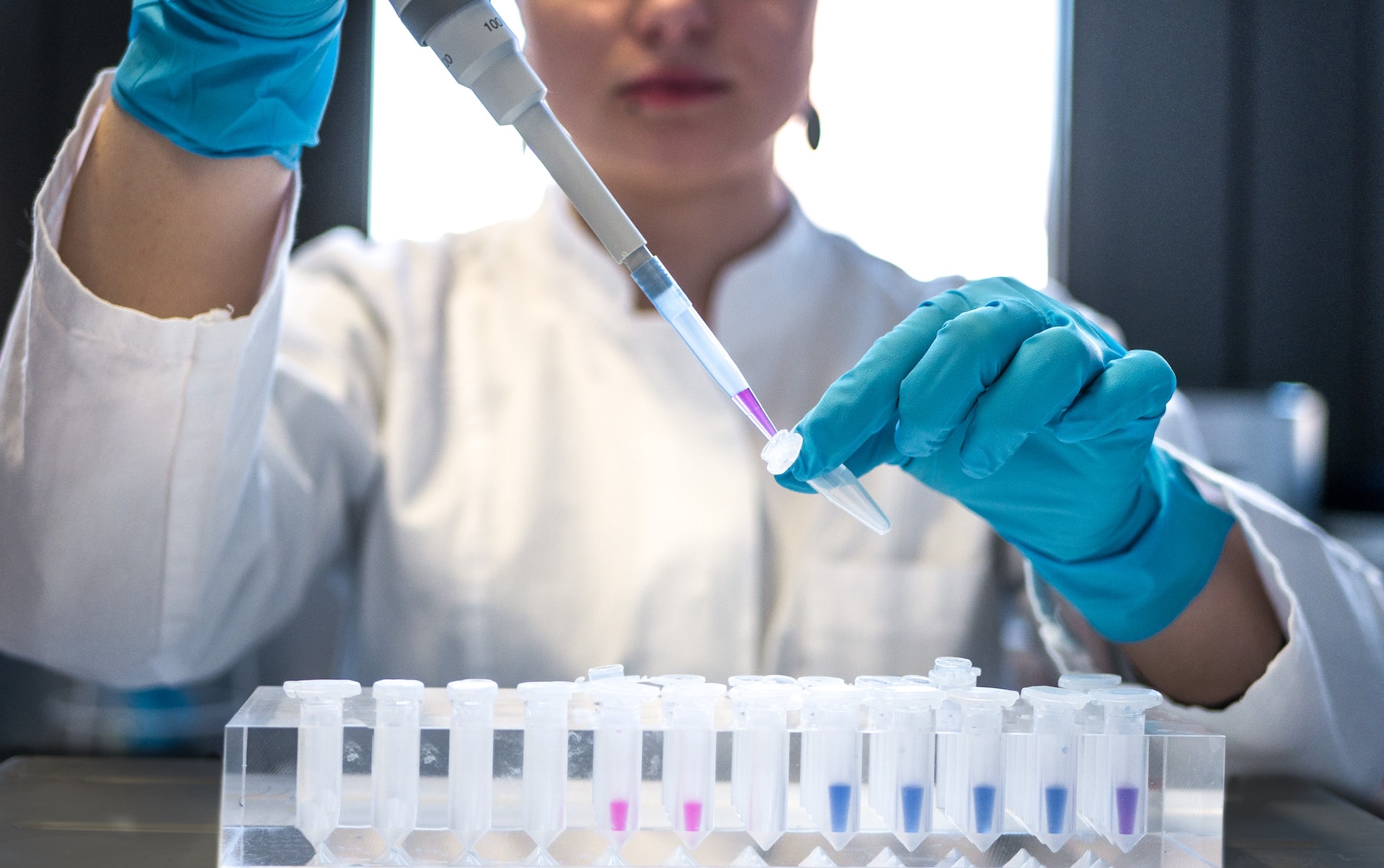Clinical trials are the backbone of medical research, playing a pivotal role in advancing healthcare and improving patient outcomes. These carefully designed studies are instrumental in evaluating the safety, efficacy, and effectiveness of new drugs, treatments, and medical procedures.
Clinical trials typically progress through four phases. Phase I involves a small group of volunteers to test safety and dosage. Phase II expands the participant pool to assess effectiveness and side effects. Phase III, the largest phase, collects comprehensive data on a diverse group to confirm results and compare them with existing treatments. Finally, Phase IV monitors the treatment’s long-term effects post-approval.
Participation in clinical trials is a selfless act that benefits both individuals and the greater medical community. Patients gain access to potentially life-saving treatments, often years before they become widely available, while researchers collect valuable data to refine treatments and develop new therapies.
In a world where medical breakthroughs are essential, clinical trials offer hope, innovation, and progress. They are a testament to the collaborative efforts of researchers, volunteers, and healthcare professionals dedicated to improving lives and shaping the future of medicine.




